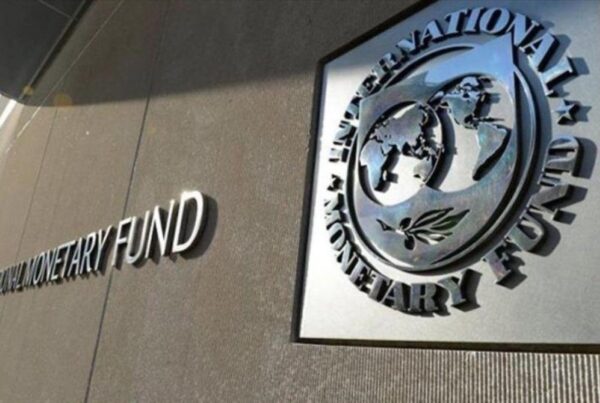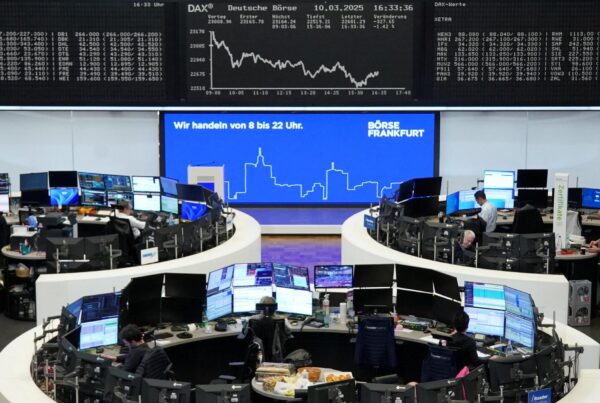America’s stock market dominance has turned into an urgent crisis for Europe. In recent years, many of the continent’s most notable companies have chosen Wall Street over local exchanges, widening the economic gap, weakening financial sovereignty, and reinforcing U.S. market hegemony.
European Firms Flock to the U.S.
The shift of European firms to New York is increasingly evident. Major names such as Klarna, Arm, Wise, and Flutter Entertainment have already secured listings in the U.S. Reports also suggest that AstraZeneca, one of the world’s largest pharmaceutical groups, is considering moving its primary listing to America.
The reason behind these moves is clear: Wall Street valuations are significantly higher. The S&P 500 boasts an average P/E ratio of about 22, compared with just 13 for London’s FTSE 100. This stark difference makes it harder for European companies to raise large sums of capital if they remain on domestic markets.
European IPOs Collapse, Wall Street Surges
The crisis is most visible in the IPO market. This year, the U.K. registered just six IPOs, raising a total of about US$208 million—its lowest level in three decades. By contrast, U.S. IPOs surged 38%, raising nearly US$40 billion.
The disparity is draining capital that could have fueled European markets, redirecting it instead to Wall Street. Over the long term, this threatens Europe’s competitiveness and deepens its reliance on America’s financial hub.
Europe’s Conservative Investment Culture
Cultural differences in investing worsen the divide. Europeans are known for their conservative approach, with around US$12 trillion in savings locked away in bank accounts—equivalent to 70% of household wealth. Americans, meanwhile, channel much of their savings into markets through pensions, mutual funds, and direct stock ownership.
As a result, European markets lack liquidity and innovation, while U.S. markets thrive on massive inflows of capital that power the growth of tech giants, energy leaders, and artificial intelligence ventures.
Regulatory Efforts Fall Short
European governments have tried to respond, but with limited success. The U.K. has loosened rules to allow dual-class share structures, introduced a “concierge” service for potential listings, and launched campaigns urging citizens to invest in equities. Yet results remain minimal.
The European Union has spent more than a decade attempting to integrate its fragmented capital markets. Despite over 55 proposals, progress has been slow. National regulations, political divisions, and weak investor appetite continue to block meaningful reform.
America Strengthens Its Global Grip
The U.S. share of global market capitalization has soared from about 40% after the 2008 crisis to over 64% by 2025. This surge has been fueled by dominance in technology and the AI boom. America’s stock market strength is not just a financial phenomenon—it has become a geopolitical symbol of U.S. power in the global economy.
Europe now faces a difficult choice: accelerate reforms to unify markets and foster a stronger investment culture, or watch as more of its flagship companies abandon the continent for Wall Street.
America’s expanding stock market dominance has become a wake-up call for Europe. As more companies migrate to the U.S. and European households continue to shy away from equities, the risk of economic stagnation grows. Unless Europe takes decisive action, Wall Street will not only dominate global markets but also erode the continent’s economic independence.




